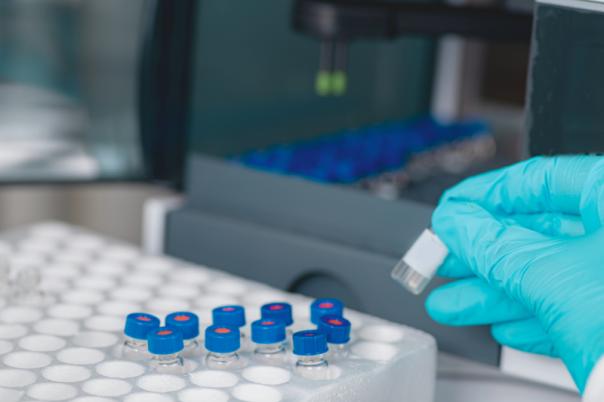David Loynd’s motivation for leading EnduRx Pharmaceuticals is deeply personal, stemming from his experience as a caregiver for his late wife, who battled a chest wall tumour. This experience highlighted the unmet medical needs in cancer treatment and inspired him to focus on developing targeted cancer therapeutics.
Loynd discussed the challenges associated with drug delivery, particularly the off-target effects that can range from mild to severe. He emphasised that these effects are not merely side effects but can significantly impact patients' lives. He explained that addressing these challenges could involve adjusting dosage or changing the route of administration.
He introduced the concept of peptide-directed nanosystems, also known as peptide drug conjugates, which aim to achieve active delivery to specific cellular zip codes. This approach uses peptides to direct nanoparticles to specific areas in the body, improving the targeting and effectiveness of cancer treatments. Loynd highlighted the potential benefits of this method, including high drug loading, long shelf life, and synthetic manufacturability.
Loynd also discussed the collaborative efforts and funding that have supported EnduRx's work. The company established a footprint at the University of Arizona in Tucson, allowing access to various capabilities and potential collaborations with the comprehensive Cancer Centre. EnduRx has been almost entirely funded by non-dilutive funding and is currently focusing on several hard-to-treat solid tumours, including triple-negative breast cancer, high-grade serous ovarian cancer, and glioblastoma multiforme (GBM).
Despite the potential of peptide-targeted nanosystem delivery, Loynd acknowledged that there are still many hurdles to overcome before it can be established to the same degree as other drug delivery technologies. He emphasised how collaboration with other researchers and institutions can unlock full potential of this approach.
In conclusion, Loynd's presentation underscored the promise and challenges of peptide-targeted nanosystem delivery in cancer treatment, highlighting the need for continued research and collaboration to bring this innovative approach to fruition.





